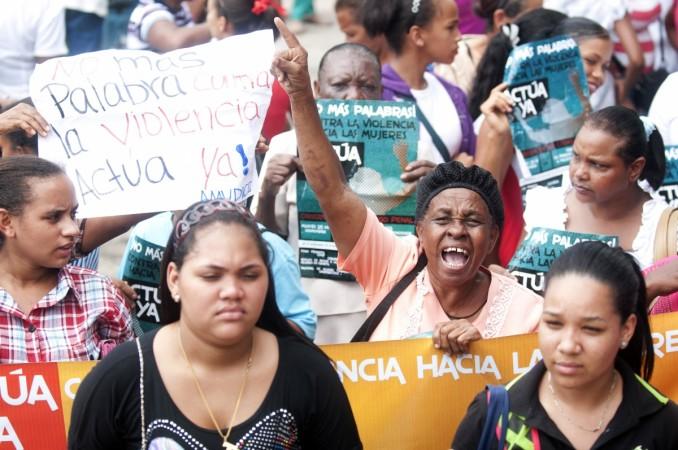
When it comes to women, Mexico has a dubious distinction. It ranks among the world's 20 worst countries for violence against women, according to UN officials working there.
It all started in the 1990s, when the country's border town Ciudad Juarez witnessed large scale killings and disappearances of hundreds of women and girls.
Though the plight of women is reasonably known, the level of injustice was never truly understood, until Al Jazeera recently documented that an average of six women get murdered in the South American country each day, citing studies by a coalition working on gender issues.
"Femicides are a pandemic issue in this country," Ana Guemez, working for United Nations Women, an agency that works for gender issues, told Al Jazeera. She explained that violence against women has become so common that it is not even considered a crime anymore.
When women are killed, most of the time cases aren't even registered. Only 24 % of the 3,892 femicides in 2012 and 2013 were investigated by authorities and only a meagre 1.6 % of the femicides investigated resulted in punishment, according to the National Citizen Femicide Observatory, a coalition of 43 groups that tracks crime against women.
What's more depressing is that not even a single case of femicide in 2014 resulted in prosecution, exposing the faultlines in the judicial system.
José Diego Suárez Padilla relates the story of his 22-year-old daughter Rosa Diana, who was stabbed to death by a jealous boyfriend four year's ago, on New Year's Eve. The killer, after stabbing her to death, bashed her face into a purple pulp, said the hapless father.
Although he has spent all this while consulting lawyers and politicians to seek justice for her death, he was told by many authorities that Diana's murder "wasn't a crime".
Ironically, two months before her death, she had sought a restraining order against her killer for threatening her.
Marie de la Luz Estrada, executive coordinator of the National Citizen Femicide Observatory said that hate is what generally drives the crime against women.
Guemez confirmed that the authorities do very little to prevent violence or improve access to justice. The police officers rarely bother to investigate these crimes and when they do, they're easily bought off by the cartels.
Though new laws implemented in 2007 were expected to prevent violence against women, they haven't been implemented effectively.








